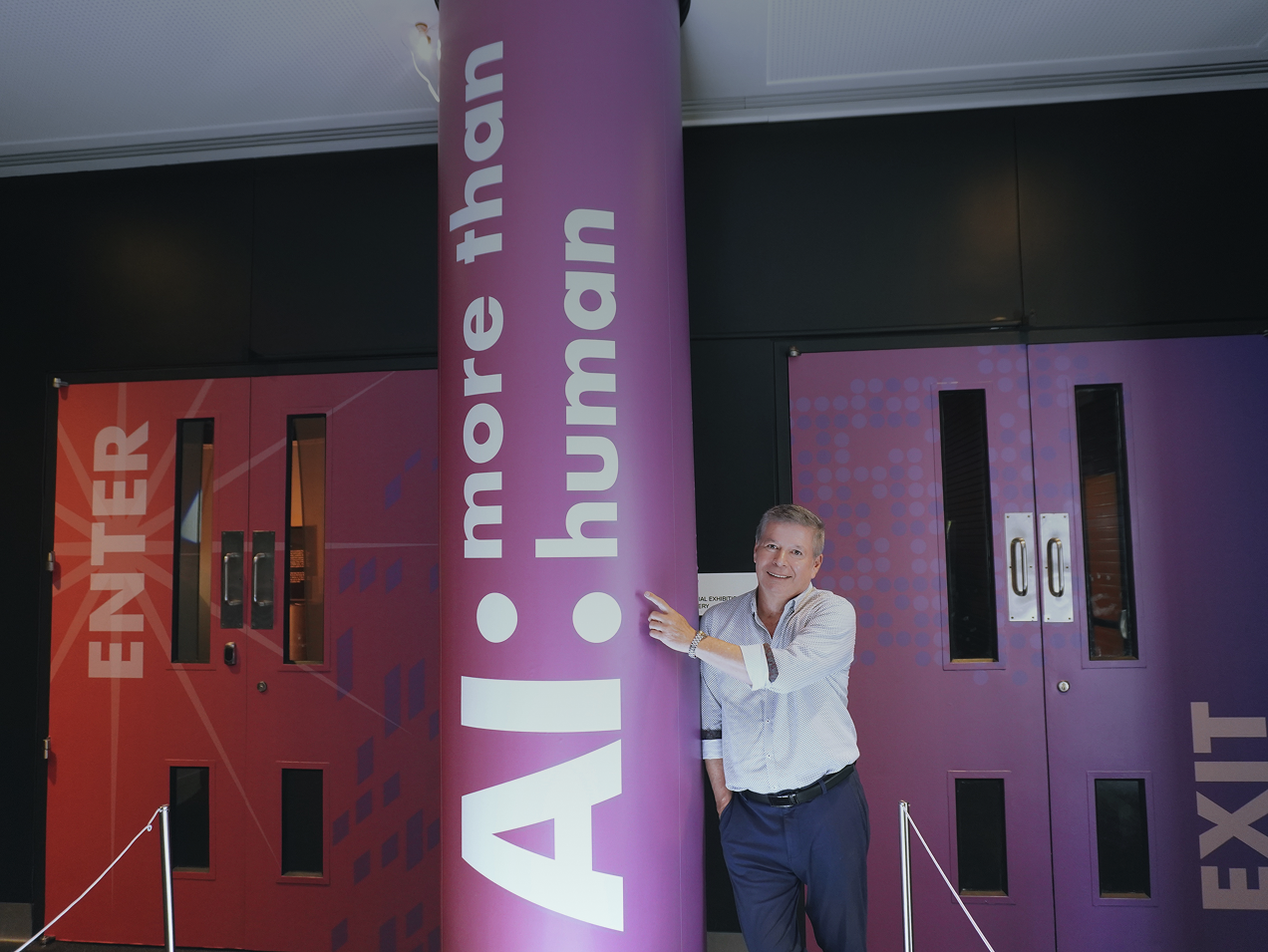The business world is in a frenzy. Everyone is talking about AI — launching tools, integrating models, testing use cases. What was once reserved for research labs is now in the hands of every company, startup, and solopreneur.
But here’s the truth: When everyone has access to the same AI, AI stops being the differentiator.
The real question isn’t “What can AI do?” — we know what it can do. The real question is: “What is now possible that wasn’t possible before — and who is ready to lead that transformation?”
That’s where Human Made™ begins.
The Shift That No One’s Preparing For
- AI is rapidly becoming a commodity.
- Open-source models. Off-the-shelf copilots. Embedded AI in every SaaS product.
- Every organization — no matter its size — will soon have access to similar capabilities.
In that world, competitive advantage won’t come from having AI. It will come from how you use it, how you organize around it, and most importantly — how you amplify your human capital through it. That’s the heart of the Human Made™ philosophy: Technology scales. But people differentiate.
Human Made™ Is Not Idealism — It’s Strategy
This isn’t about resisting disruption or romanticizing the past.
It’s about building a business model for what comes after the hype.
Human Made™ is a deliberate, future-facing strategy for companies that want to:
- Reskill and upskill their people to lead in new roles — not get replaced by them
- Rethink value creation with AI as a tool, not the answer
- Redesign leadership and culture to thrive in an augmented era
It’s a shift from asking “What can AI do?” To asking “What can we now do — that we couldn’t do before?” That’s the moment innovation begins:
- New business models that once seemed impossible
- New services personalized at scale
- New opportunities in markets previously out of reach
- New speed in decisions that once dragged for weeks
- New products and services that were not possible before
This isn’t just a technological shift — it’s a shift in imagination, capability, and intent.
The Reality We Need to Face
AI will replace jobs. It already is. This isn't a threat — it’s a shift. Like every major technological revolution, it will destroy roles, redefine others, and create new ones we can't yet name. But the value of those new roles won’t go to everyone. It will go to those who are prepared — and to the organizations that prepare them. Leaders have two options:
- Automate without a plan — and watch capability, trust, and differentiation erode
- Sesign a strategy that reskills, reinvents, and repositions their people to thrive in new roles of higher value
The companies that win will be the ones that treat humans not as a cost to cut, but as a capability to grow — faster than the rate of AI itself.
Klarna’s Wake-Up Call: Automation Without Insight
In 2024, Klarna — one of Europe’s most valuable fintechs — proudly announced that it had replaced 700 customer service agents with generative AI.
What followed?
- A dramatic rise in customer complaints.
- Interactions that felt robotic, frustrating, and tone-deaf.
- And a public admission from leadership: they’d gone too far.
By 2025, Klarna had started rehiring — this time with a new model: humans working with AI, not beneath it. They realized what many companies are just beginning to confront:
Efficiency is not the same as effectiveness.
Automation can cut costs. But only human insight can build trust, solve nuanced problems, and deliver experiences that customers remember.
Human Made™ in Practice
Forward-thinking leaders are already acting on this mindset. They’re reframing talent not as a fixed asset — but as a capability to evolve. They’re investing in reskilling, not as a cost, but as a growth strategy. They’re asking:
- What uniquely human strengths drive our value?
- Where can AI free us to spend more time on judgment, creativity, and leadership?
- How do we design roles and cultures that thrive in an AI-augmented future?
Inside these organizations, Human Made™ shows up in how decisions are made, how teams are structured, and how leaders prioritize long-term capacity over short-term efficiency. They’re moving from experimentation to execution. From AI as a buzzword to AI as a lever. From automation by default — to amplification by design.
This is what transformation looks like when it's led with intention. And it’s where real differentiation begins.









